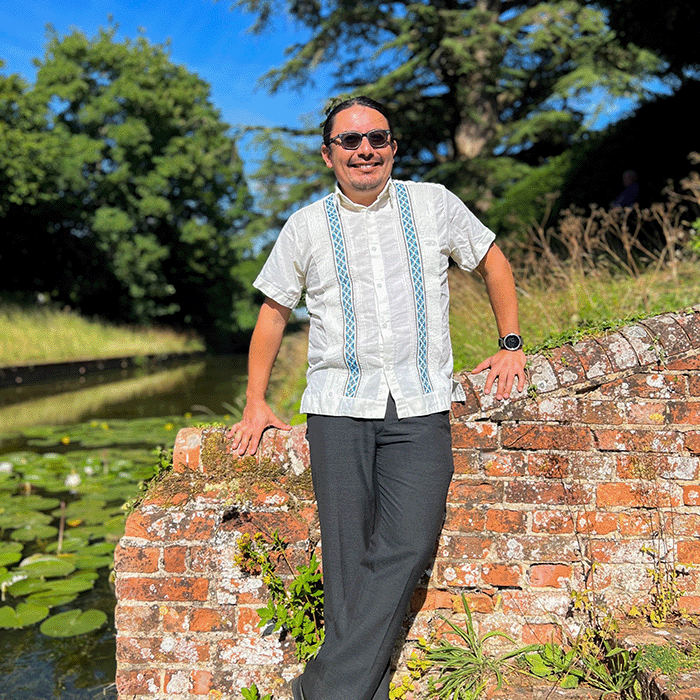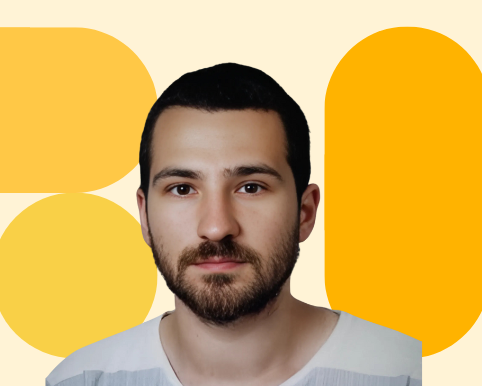Meet our Bioinformatics team: Senior Bioinformatics Engineer
By Ricardo Ramirez onThe Bioinformatics Engineering team at Genomics England focuses on developing high-quality code and products to deliver meaningful results to clinical scientists in the NHS. We spoke with Ricardo Ramirez, Senior Bioinformatics Engineer, about his current role and how his skills equipped him for a career at Genomics England.
How would you describe your role and what does your typical day look like?
I design, programme and test parts of the Genomics England pipelines. Given the size of the datasets that Genomics England holds, and the fact that our tools are classified as ‘Software as a Medical Device’, all the work that we do needs to be documented, discussed, and reviewed by our peers. So, besides the specific tasks I carry out, I participate in reading and understanding the solutions that other Bioinformatics Engineers produce.
Having a deep knowledge of the clinical or biological problems that we are solving is not critical, but understanding how the results are going to be used gives you clarity of the overall picture, so I also invest time learning the possible applications of our results.
Tell us about your educational background
I have always been attracted to science. My ‘natural’ career path seemed to be going into academia as I come from a family of academics. I studied Computer Sciences and Software Engineering in my undergraduate, and my PhD was on wheat genetics and genomics, so I got exposed to the complexities of breeding for food security (developing the seeds used by farms). I considered a career consulting for these kinds of organisations, as they are starting to see the value of genomic sequencing, but ended up learning a lot of skills during my postgrad which equipped me well to go into bioinformatics in life sciences.
My PhD and jobs between the Earlham Institute and John Innes Centre gave me the opportunity to learn several levels of bioinformatics. I worked designing bioinformatic pipelines during the time when the Earlham Institute was starting, so I got familiar with all the steps that occur between sequencing and the delivery of the data. At that time, I also learnt on how High-Performance Computing works in scientific environments.
Later, as I moved to a more scientific role during my PhD, I learnt the importance of the attention to detail and reproducibility of results. On the more technical side, I worked on the development of tools for analysis, management of large datasets (several terabytes of data) and data visualisation to make the large volumes of data available to our collaborators.
Last but not least, I learnt the importance of networking and conflict management; diplomacy is a very important tool that is not taught in regular academic programmes, but one that is critical for success.
If you had to choose a career outside of life science, what would it be?
I would probably stay in Software Engineering or Computer Sciences. I really like to solve problems analytically, and I think that doing big data analysis for any industry would be interesting!

Ricardo Ramirez, our Senior Bioinformatics Engineer.


